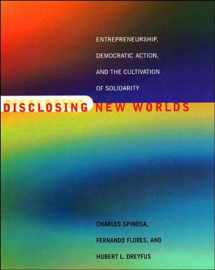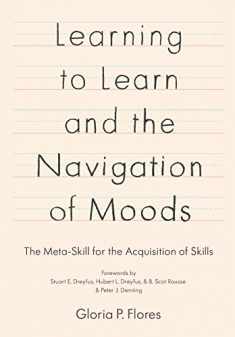
Disclosing New Worlds: Entrepreneurship, Democratic Action, and the Cultivation of Solidarity
Book details
Summary
Description
Argues that human beings are at their best not when they are engaged in abstract reflection, but when they are intensely involved in changing the taken-for-granted, everyday practices in some domain of their culture―that is, when they are making history.
Disclosing New Worlds calls for a recovery of a way of being that has always characterized human life at its best. The book argues that human beings are at their best not when they are engaged in abstract reflection, but when they are intensely involved in changing the taken-for-granted, everyday practices in some domain of their culture―that is, when they are making history. History-making, in this account, refers not to wars and transfers of political power, but to changes in the way we understand and deal with ourselves. The authors identify entrepreneurship, democratic action, and the creation of solidarity as the three major arenas in which people make history, and they focus on three prime methods of history-making―reconfiguration, cross-appropriation, and articulation.


We would LOVE it if you could help us and other readers by reviewing the book
Book review





